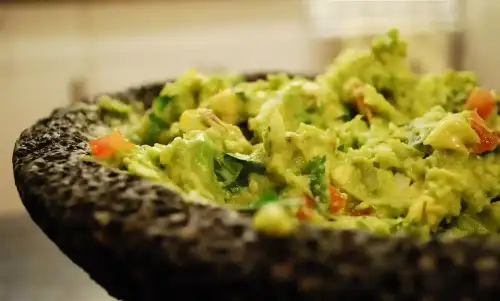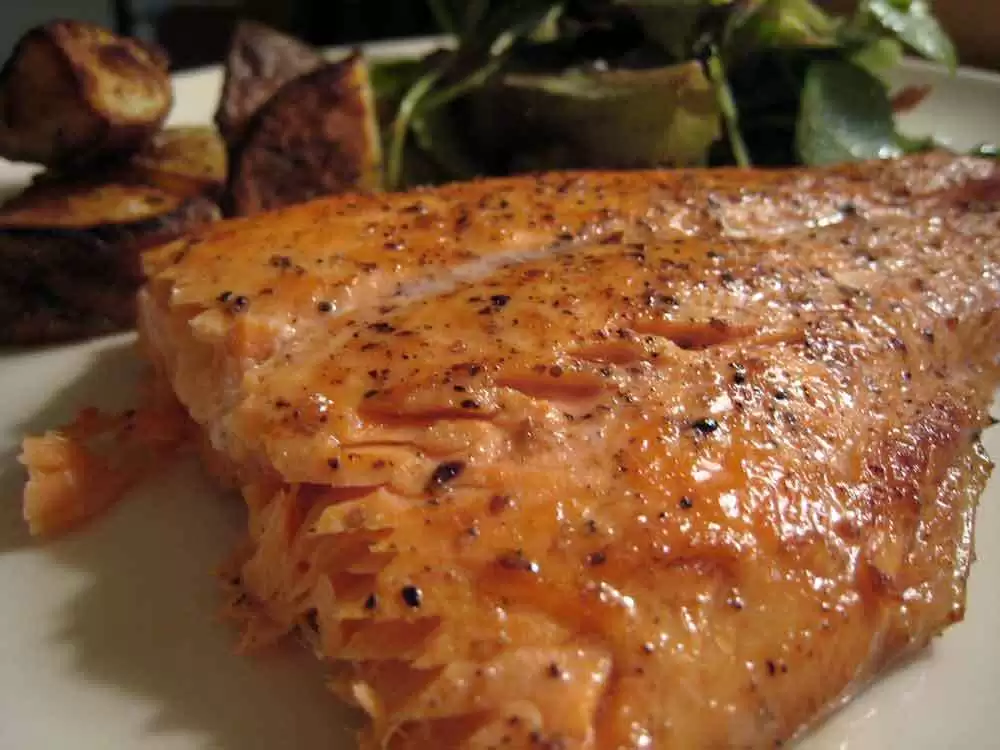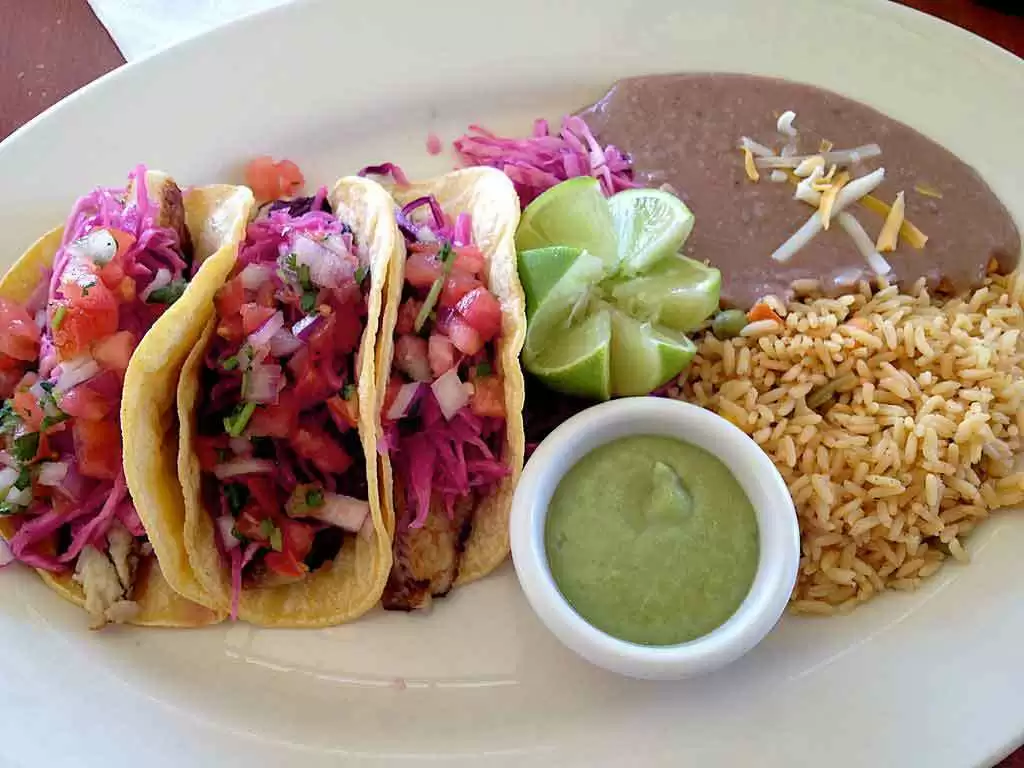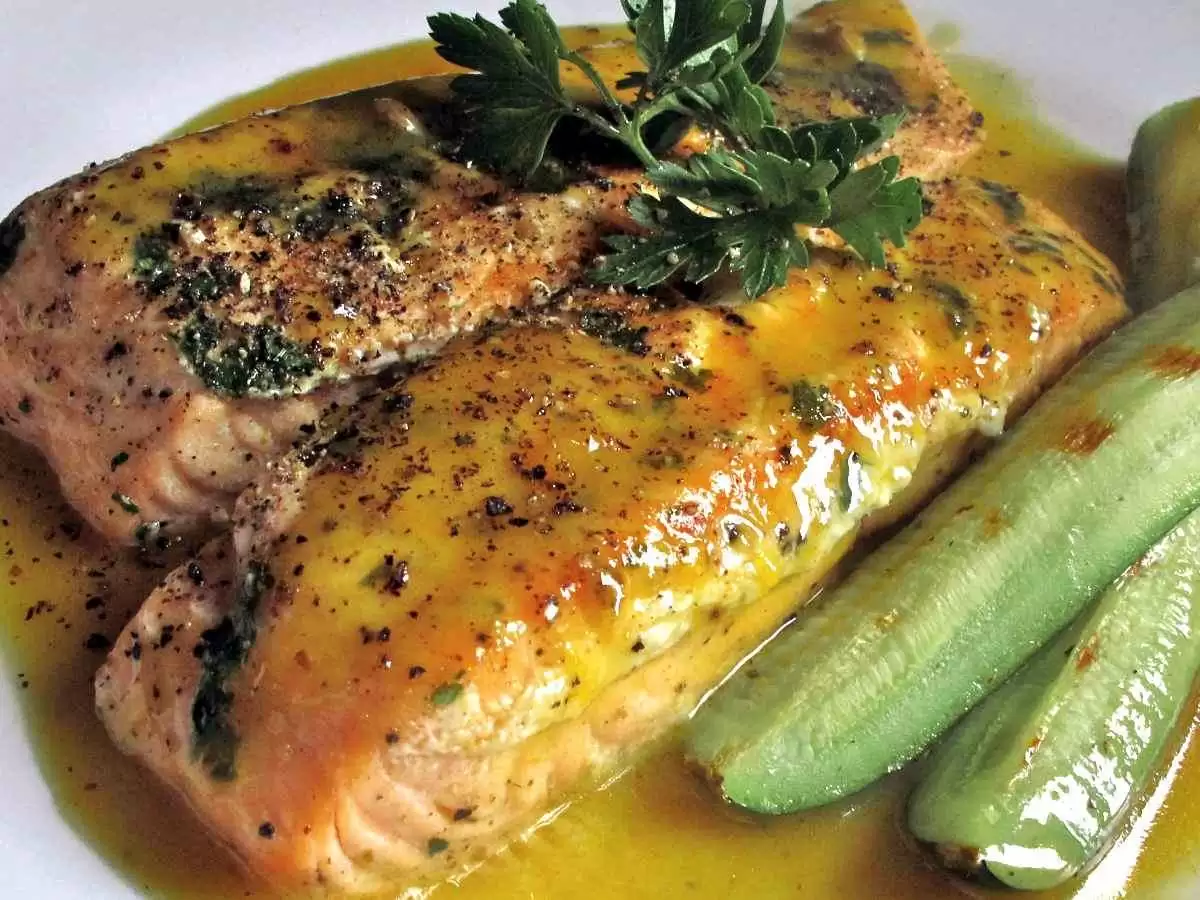Celiac.com 07/11/2024 - For individuals with celiac disease, managing hunger and achieving a balanced diet can be challenging. While the primary treatment for celiac disease is adhering to a strict gluten-free diet, incorporating more healthy fats can play a crucial role in enhancing satiety and overall nutrition. Fats digest more slowly than carbohydrates and proteins, providing longer-lasting fullness. Here are five effective and healthy ways to increase fat intake in a gluten-free diet.
Adding Avocado
Avocados are rich in healthy monounsaturated fats and fiber, making them an excellent addition to a gluten-free diet. Including avocado in your meals can help you stay full longer and provide essential nutrients like potassium and vitamins E and C.
- Salads: Add sliced avocado to your salads for a creamy texture and a boost of healthy fats.
- Gluten-Free Toast: Spread mashed avocado on gluten-free toast for a satisfying breakfast or snack.
- Smoothies: Blend avocado into your smoothies for a rich, creamy consistency and added nutritional benefits.
Using Extra Virgin Olive Oil
Celiac.com Sponsor (A12):
Extra virgin olive oil is renowned for its heart-healthy monounsaturated fats and antioxidant properties. It can be easily incorporated into various dishes to enhance flavor and nutritional value.
- Salads: Drizzle extra virgin olive oil over your salads as a dressing.
- Vegetables: Toss roasted or steamed vegetables with olive oil for added flavor and satiety.
- Cooking: Use olive oil as a cooking oil for sautéing vegetables, meats, or gluten-free grains.
Including Nuts and Seeds
Nuts and seeds are packed with healthy fats, protein, and fiber, making them an ideal snack or meal addition for those following a gluten-free diet. They provide sustained energy and help keep hunger at bay.
- Snacks: Keep a handful of almonds, walnuts, or mixed nuts as a convenient snack option.
- Meals: Sprinkle chia seeds, flaxseeds, or sunflower seeds over salads, yogurt, or oatmeal for added crunch and nutrition.
- Baking: Use ground nuts and seeds in gluten-free baking recipes to enhance the nutritional profile of your treats.
Eating Fatty Fish
Fatty fish like salmon, mackerel, sardines, and trout are rich in omega-3 fatty acids, which are beneficial for heart health and inflammation. Including these fish in your diet can significantly boost your intake of healthy fats.
- Main Dishes: Prepare grilled or baked salmon for a delicious and nutritious main course.
- Salads: Add canned sardines or smoked trout to your salads for a protein and fat boost.
- Snacks: Enjoy mackerel on gluten-free crackers as a filling and nutritious snack.
Choosing Full-Fat Dairy
Full-fat dairy products provide more satiety compared to their low-fat counterparts, thanks to their higher fat content. They are also a good source of calcium and other essential nutrients.
- Yogurt: Opt for full-fat yogurt instead of low-fat versions for breakfast or snacks.
- Cheese: Include moderate amounts of full-fat cheese in your meals, whether in salads, sandwiches, or as a snack.
- Milk: Use full-fat milk in your coffee, smoothies, or cooking to add richness and nutrition.
The Role of Fats in Satiety
Fats are digested more slowly than carbohydrates and proteins, which helps maintain a feeling of fullness for longer periods. They play a crucial role in the production of satiety hormones such as leptin, which signal to the brain that you are full. Additionally, fats provide a concentrated source of energy, meaning even small amounts can significantly contribute to the feeling of being satiated.
Benefits of Healthy Fats in a Gluten-Free Diet
By incorporating these healthy fats into a gluten-free diet, individuals with celiac disease can manage hunger more effectively and achieve better overall nutritional balance. Healthy fats contribute to:
- Longer-lasting Fullness: Reducing the frequency of hunger pangs and the need for frequent snacking.
- Nutrient Absorption: Enhancing the absorption of fat-soluble vitamins such as vitamins A, D, E, and K.
- Heart Health: Providing beneficial fatty acids that support cardiovascular health.
- Inflammation Reduction: Offering anti-inflammatory properties that can be particularly beneficial for those with autoimmune conditions like celiac disease.
Conclusion
For those managing celiac disease, integrating healthy fats into a gluten-free diet can be a game-changer. Not only do these fats help keep you full longer, but they also support overall health and well-being. By adding avocados, using extra virgin olive oil, including nuts and seeds, eating fatty fish, and choosing full-fat dairy products, individuals can enhance their dietary satisfaction and nutritional intake. This approach not only aids in managing hunger but also promotes a balanced and healthful diet, contributing to better management of celiac disease and improved quality of life.













Recommended Comments
Create an account or sign in to comment
You need to be a member in order to leave a comment
Create an account
Sign up for a new account in our community. It's easy!
Register a new accountSign in
Already have an account? Sign in here.
Sign In Now